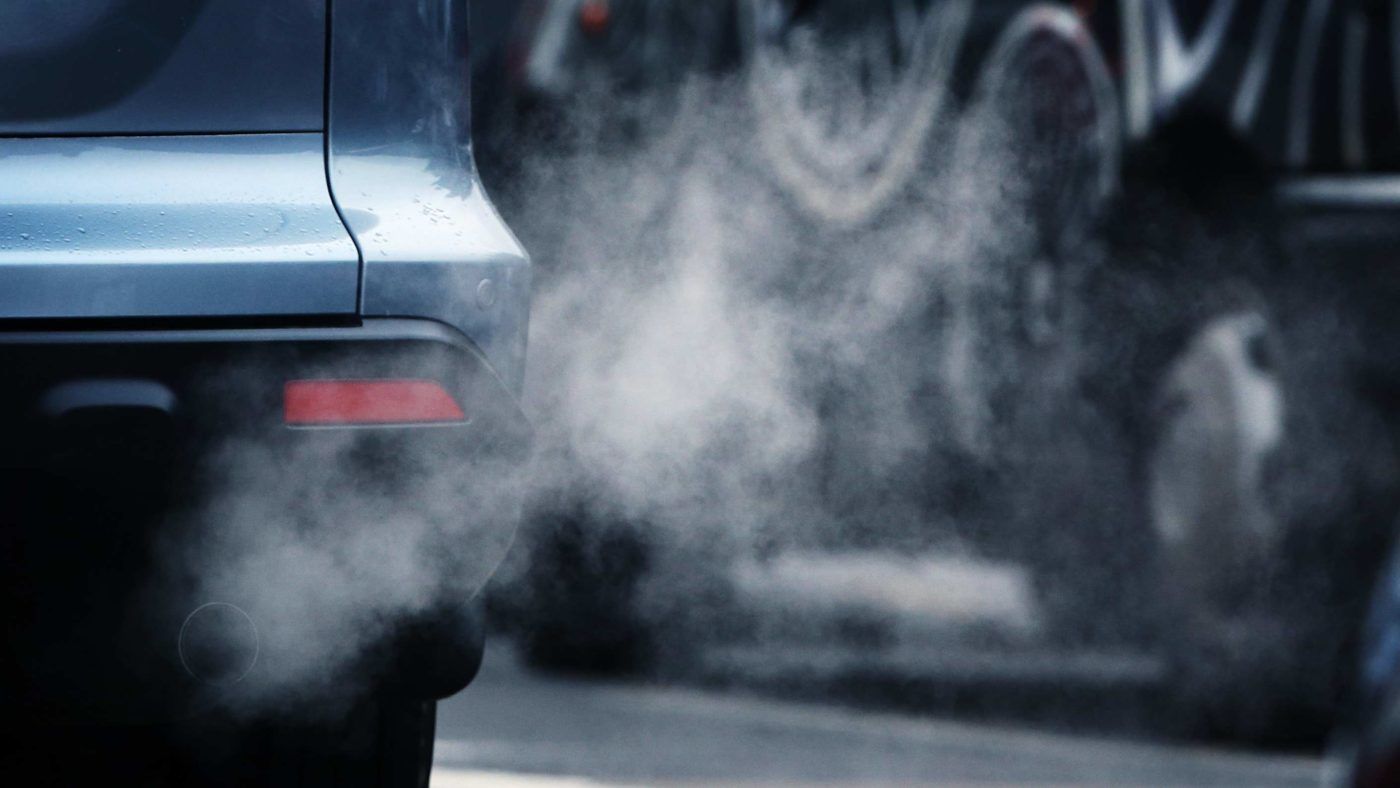The government is desperately trying to delay the publication of its new plan to reduce air pollution until after the general election. The proposals are widely expected to introduce a charge for old diesel cars entering pollution hotspots.
Some conservatives have criticised the Government for penalising diesel drivers who bought their cars in good faith. They argue that there are better ways to cut pollution, such as a scrappage scheme that gives diesel drivers a discount for trading in their old vehicle. A handful even argue that efforts to reduce air pollution should be halted altogether.
Why, then, is the Government even risking the anger of diesel motorists? Because air pollution is lethal. The Royal College of Physicians estimates that it contributes to 40,000 early deaths each year in the UK. We know that toxic air causes respiratory and cardiovascular problems, and has been linked to increased dementia among the elderly and to impaired physical and mental development of children.
To those that say we can’t afford to tackle polluting vehicles, this public ill-health has an economic impact too. Lost work days, reduced productivity, and the additional burden on the NHS costs society £20 billion a year.
It’s an issue of growing concern, as Bright Blue’s recent polling of Conservative voters shows. Thirty-seven cent of Conservatives are concerned about air pollution in their local area, rising to 65 per cent in London. Indeed, after increasing renewable energy generation, improving air quality is the most pressing environmental issue for Conservative voters, with 30 per cent including it in their top three. A very clear majority (92 per cent) of Conservatives want to see air pollution reduction targets maintained or strengthened after we leave the EU.
Air pollution is a national issue: the Government’s previous air quality plan was ruled by the High Court to be insufficient because it limited low emission zones to just five cities. Our research found that 40 per cent of local authorities in the UK breached the legal limits in 2015. Moreover, although transport makes up a minority of air pollution nationwide, in those areas where pollution limits are breached, the Government has found that transport contributes 80 per cent of the total. Within transport, diesel vehicles are the main offender, typically emitting four times as many nitrogen oxides and 22 times as many particulates as petrol ones.
Since last summer, Bright Blue has been campaigning for the Government to enable all English cities to introduce low emission zones where pollution is a problem. This is a conservative solution, supported by 57 per cent of Conservative voters, according to our recent polling.
The policy follows the “polluter pays” principle, removing the implicit subsidy that allows individuals to impose costs on others while getting businesses and government to pay. And it’s a targeted, localist approach: it does not introduce top-down regulation or taxes across the country, but limits the solution to where the air is unsafe to breathe.
That gives local authorities the flexibility to shape the design of the zone to suit local circumstances. Then, individuals can decide how to comply: by purchasing an electric vehicle, using public transport, converting existing vehicles to use alternative fuels, or simply taking up walking or cycling.
Some have criticised the policy on social justice grounds, arguing that lumping motorists with additional costs would disproportionately hit the worse off. But regressive effects can be avoided through exempting those on the lowest incomes from charges. Or, if the new charges raise enough money, the Government could target a limited scrappage scheme at those on low incomes that are affected by new low-emission zones.
A scrappage scheme, however, is not affordable as the sole method for reducing pollution from the 12 million diesel cars currently on the road. Reducing air pollution would be a strong social justice measure, as it disproportionately harms the health of the most vulnerable, from those that live in poor-quality housing next to busy roads, to young children in inner-city schools.
Conservatives have a proud tradition of implementing targeted environmental regulations in order to improve public health and tackle social injustice. Benjamin Disraeli’s Public Health Act, 1875, gave local authorities new obligations to provide clean water and to dispose of sewage. The Clean Air Act, 1956, sponsored by a Conservative backbencher Gerard Nabarro and supported by Anthony Eden’s Conservative Government, established smoke control areas where it became illegal to emit smoke from a chimney.
Addressing air pollution through low emission zones falls squarely in this conservative tradition. Rather than pushing for the Government to weaken its ambition, conservatives should get firmly behind this bold new plan to clean up our air.


